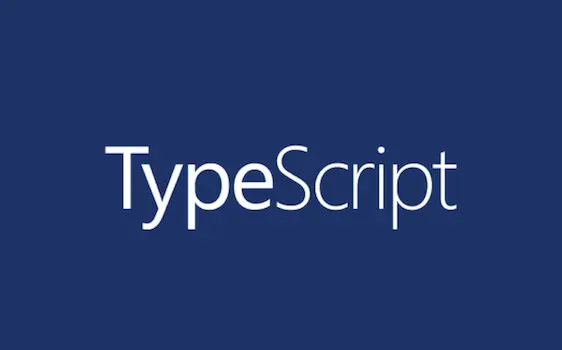

Reading it in Spanish is a pain in the ass even for a native speaker, book is from the 1600s so you can imagine the language is really different to what it is today. I imagine there must be some version in “current language”, but in school we were told to read the original and it was a pain, didn’t get past the first quarter then and never tried reading it again
























When I was a kid I encountered this problem when I wondered what would happen if I half-empty a bottle of soda, re-fill it with water, and repeat. Will it eventually become just water or will there always be some soda left? It boggled my mind for a while, then I forgot about it until I reached university calculus haha